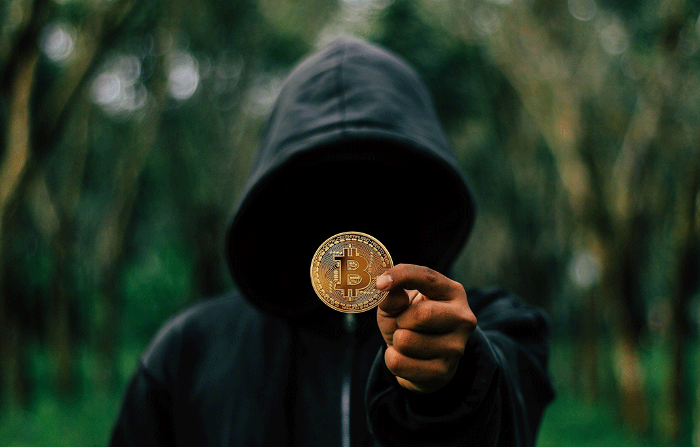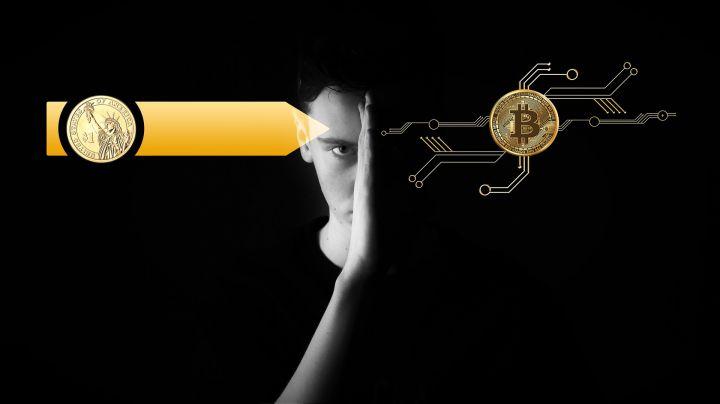Should the Team Always Be Doxxed?

In the crypto space, the “doxxing vs anonymous” debate has been around for a long time. Even before NFTs came along, a lot of top players in the cryptocurrency space have preferred anonymity over revealing their identity. However, with a new class of assets that is more connected to the real world and real people, people are asking the question of Doxxed vs Anonymous NFT. The reason for this is simple. When people buy an NFT, they’re not just buying the art, avatar, or any other digital object. They’re investing in the brand and identity of the creator as well.
Most people believe that the reputation of an NFT project depends on the identity of its creator. Hence, they expect the creators to be transparent with their identity. How true is this? Should an NFT team reveal their identities or stay anonymous? Read on to find out.
What is doxxing?
To put it simply, doxxing refers to the act of publishing your private or identifying information online or making it accessible for all to see. In the crypto space where anonymity is a norm, doxxing was something of a taboo back in the days. However, the nature of NFT projects is changing the tides in that regard. The authenticity of an NFT project is often assessed based on the reputation of the creators of that project. So when people want to invest, they tend to ask to see the faces behind the project.
Doxxed Vs Anonymous NFT-Should an NFT team be doxxed?

These days, members of the NFT community have become more skeptical about projects that operate anonymously. NFT projects that want to gain the trust of the community often have to take actions that will help sway the community’s trust in their direction. For instance, the Psychedelics (an anonymous NFT collection) recently decided to doxx their entire team-revealing their identity, treasury, and fund allocation.
Of course, not every project has to doxx their team this way. But a move like this will certainly reassure the community about the team’s accountability. A lot of people now expect new projects in the NFT space to be doxxed rather than anonymous.
There’s also the question of influence. NFT projects from industry players with an history of past success is more likely to earn people’s trust over a new project from an obscure creator.
While there are still several successful anonymous projects in the NFT community, a lot of people are wary about investing in them. The question of doxxing and anonymity is still unanswered. Usually, it’s left to founders/creators to do what they think is best for their project while investors decide on whether they want to take a risk or not.
A little bit of both

The truth is, the crypto space has always operated under anonymity and that is not about to change anytime soon. So how do we establish trust in a space where the majority of people are faceless? That’s where the concept of pseudonymity comes in.
Even though a lot of players in the NFT space are anonymous, they are still identifiable. In most cases, they’ll use an NFT and a pseudonym as a sort of identifier. This gives them an identity in some form. Creators can play safely and achieve success in the space, free from the constraint of demographics, location, and other limiting factors. At the same time, their online identity is there for everyone to see.
Thus, where real-world identity is missing, a pseudonymous online identity is still used as a judge of a person’s reputation and legitimacy. This helps to foster ethics to an extent. Of course, there have been cases where people hid under their pseudonyms to manipulate and take advantage of people. In such cases, even though there may be no direct real-life implications, the person’s online reputation will take a heavy hit. This in itself is some form of justice in a world where reputation is everything.
To summarize
NFT creators can build successful projects and communities while staying anonymous. However, doxxed Creators are more likely to win the trust of investors. People can (and will) still invest in anonymous projects. But such investment should depend on the reputation that such individuals or groups of founders have built over the years.
